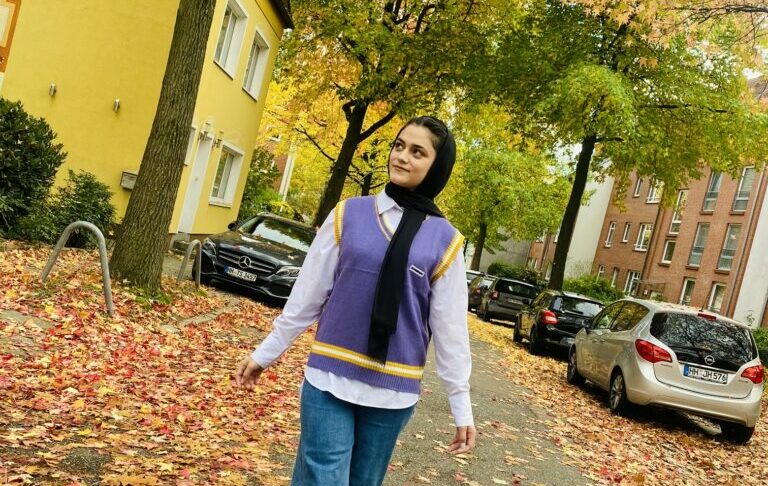My name is Behishta, I’m 19 years old. I was born in Afghanistan but I grew up in Tashkent, Uzbekistan and today I want to share my story with you and tell you about my experience. My story is no different from the other girls who are living in a country called Afghanistan. The country I called my motherland, the country I loved and enjoyed the most.
My story might not have the same journey as any other afghan girl out there but yet at some point we still have something in common: the pain that is unforgettable even if you try to neglect it or escape from it: it will always follow you like a shadow. I was born in Afghanistan in an open-minded family. Thanks to my parents I never felt any difference between my female siblings, I was given the same opportunities, I was treated the same or even nicer compared to them. This has never been a problem for us.
Salam,
schön, dass du da bist!
Wenn du den vollständigen Artikel lesen möchtest, melde dich hier kostenlos im Online-Magazin an: Einloggen.
Wenn du noch nicht angemeldet bist, kannst du dich hier kostenlos neu registrieren:Kostenlos registrieren.
Neben unseren Online-Artikeln erhältst du dann zusätzlich alle zwei Wochen den kohero-Newsletter mit spannenden Texten, Interviews und Hinweisen zu unseren Workshops und Veranstaltungen. Viel Freude beim Lesen!
Wenn du Fragen hast oder Hilfe bei der Anmeldung brauchst, melde dich per Mail an team@ kohero-magazin.de.
Shukran und Danke!
Deine kohero-Redaktion







